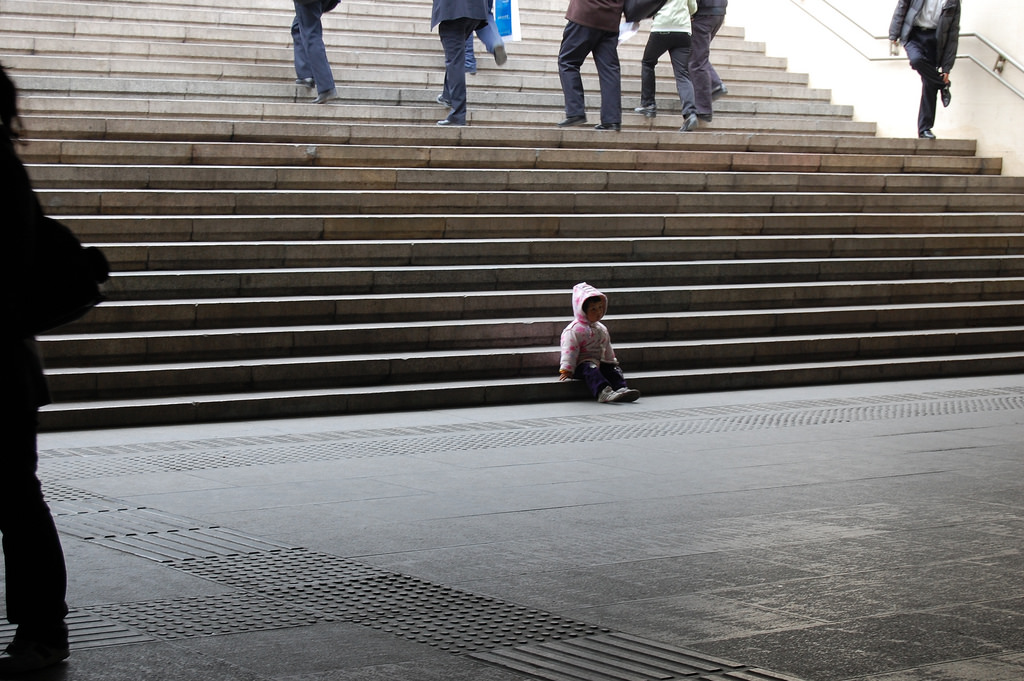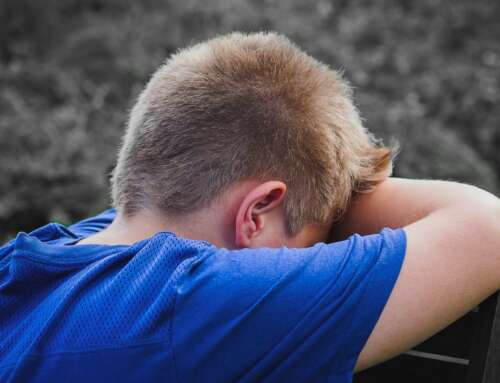Experiencing severe deprivation and neglect in childhood can have a lasting psychological impact into early adulthood, finds a unique study which has followed the mental health of a group of children adopted from Romanian institutions to UK families in the 1990s.
Despite living in strong and supportive families for over 20 years, many children exposed to severe early deprivation in Romanian institutions aged 0-3 experience a range of mental health problems in early adulthood, according to new King’s College London research.
Published in The Lancet, this is the first large-scale study to follow a group of children who were subjected to extreme deprivation into adulthood, tracking how their mental health and cognition has developed as a result.
The English and Romanian Adoptees study began shortly after the fall of the communist regime in Romania. Children living in institutions were subjected to extremely poor hygiene, insufficient food, little personalised care and no social or cognitive stimulation. The study, running since 1990, analyses the mental health of 165 children who spent time in Romanian institutions and who were adopted by families in the UK between the ages of two weeks and 43 months. In the UK, they joined socioeconomically advantaged, stable, caring and supportive families.
The researchers found that the amount of time spent in a Romanian institution was an important marker of children’s future mental health. Romanian adoptees who had spent less than six months had similar rates of mental health symptoms as UK adoptees. However, adoptees who had spent more time in the institutions had higher rates of social, emotional and cognitive problems throughout their lives.
People who had lived in Romanian institutions for more than six months as children had higher rates of social problems including autistic features, difficulties engaging with others, inattention and overactivity which persisted from childhood into adulthood. They were also three to four times more likely to experience emotional problems as adults, and had lower educational attainment and employment rates than the other UK and Romanian adoptees. This all despite living in strong and supportive families for over 20 years.
– King’s College London
Read more: Deprivation in early childhood can affect mental health in adulthood
Photo Source: Flickr Images








Leave A Comment